WorldTour Week: 15 years of trying to reform cycling
Battles with Grand Tour organisers, threats of breakaway leagues, politics imperil sport's top series
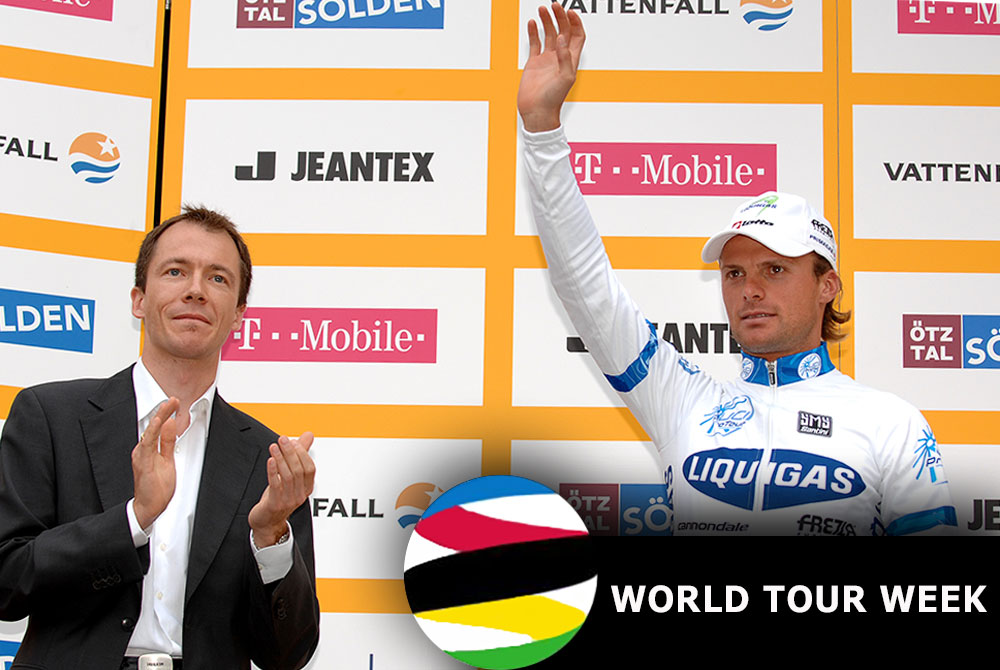
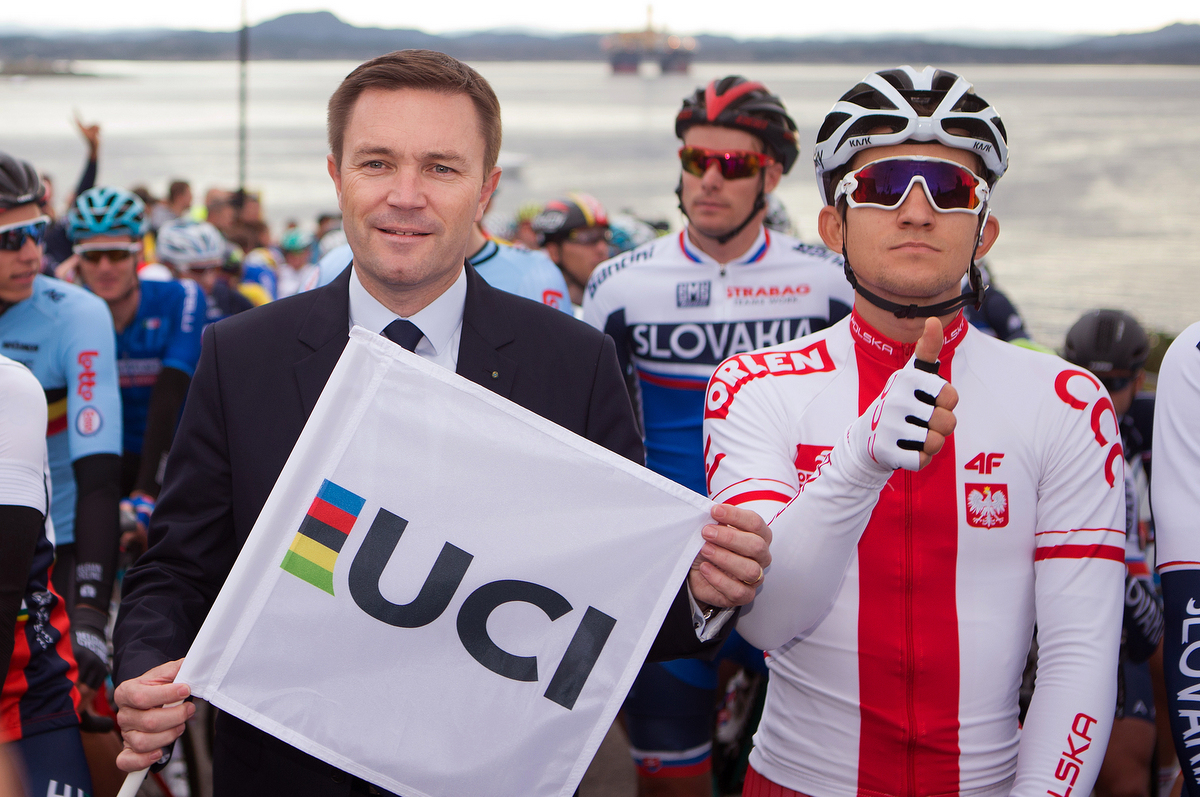
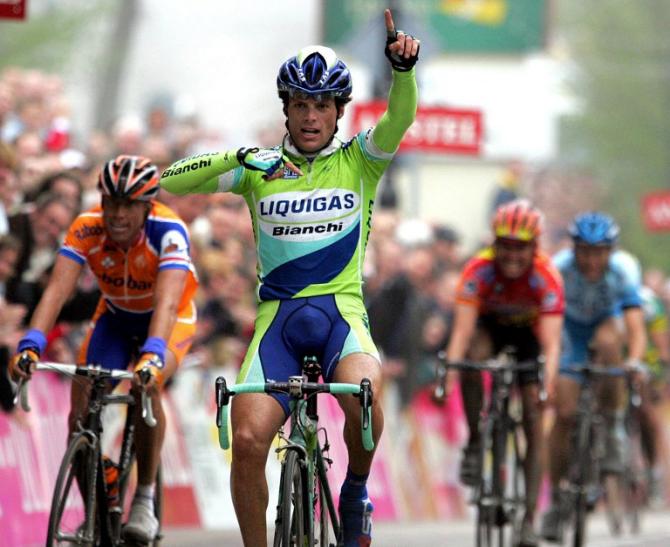
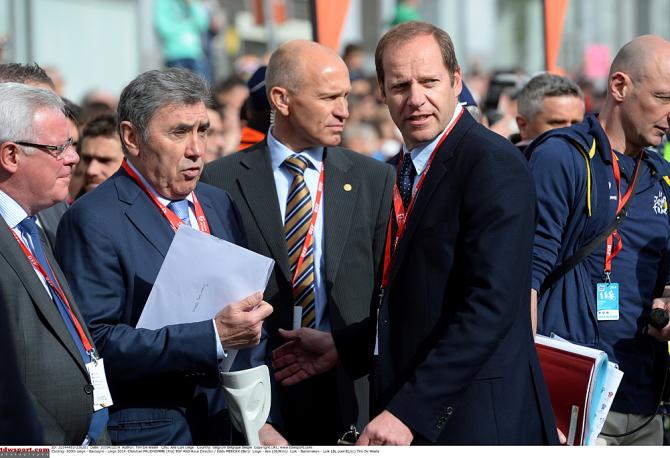
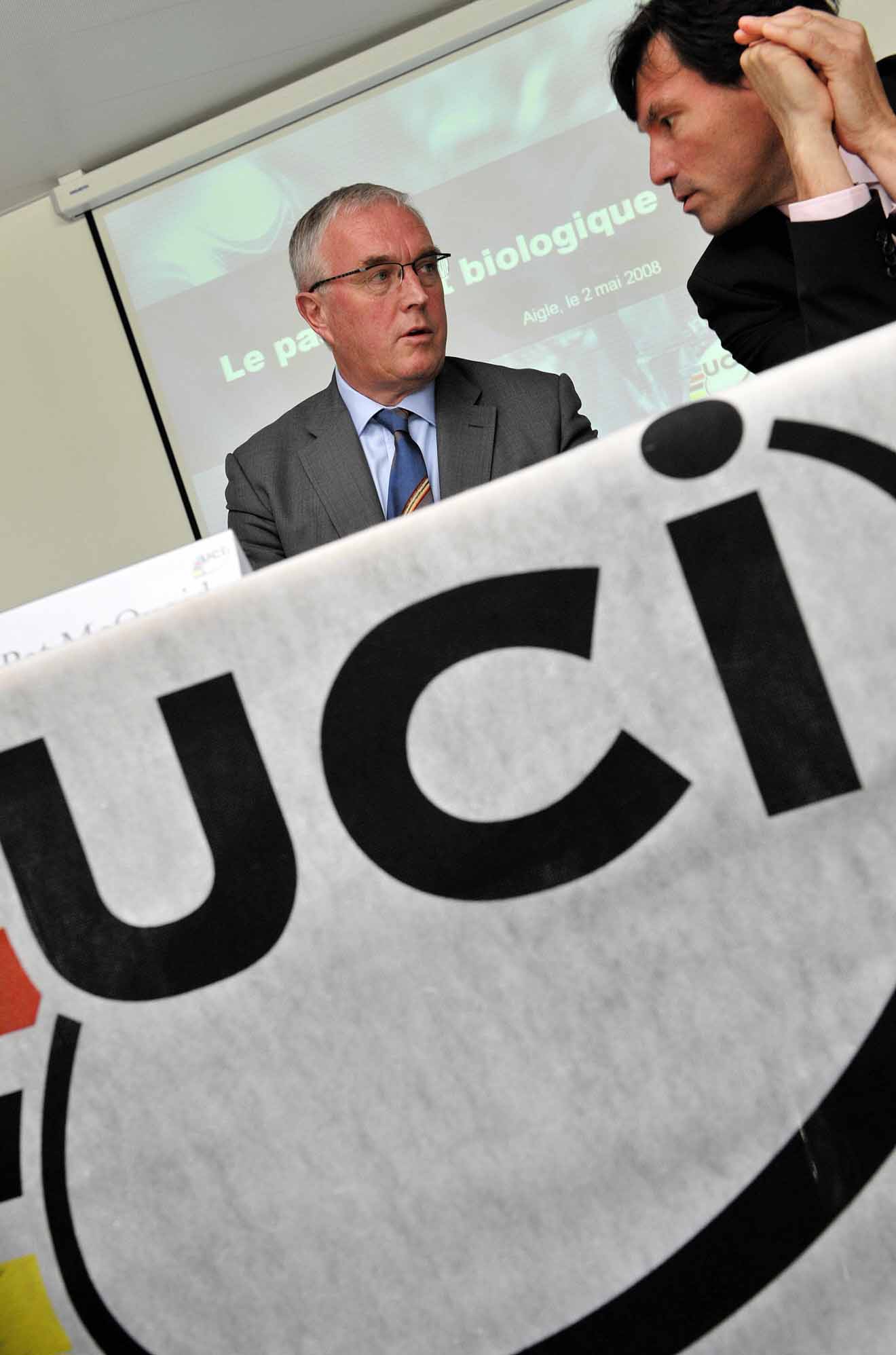
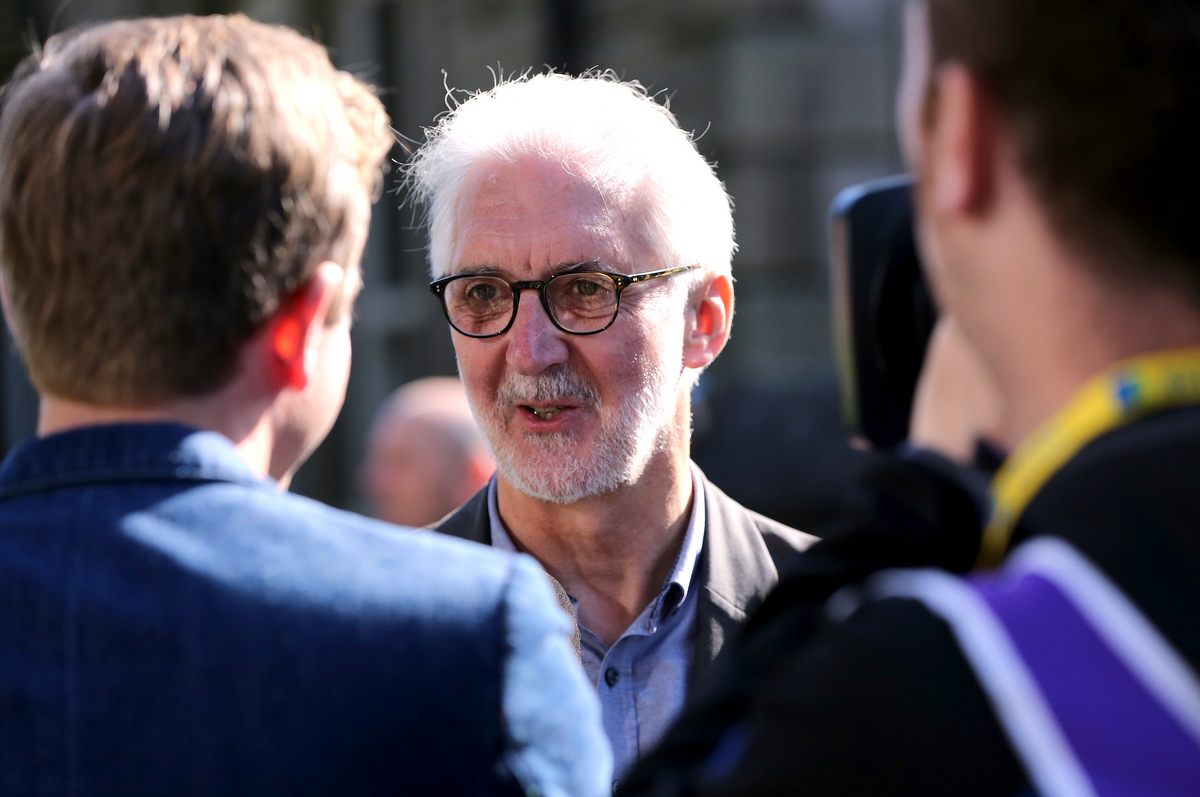
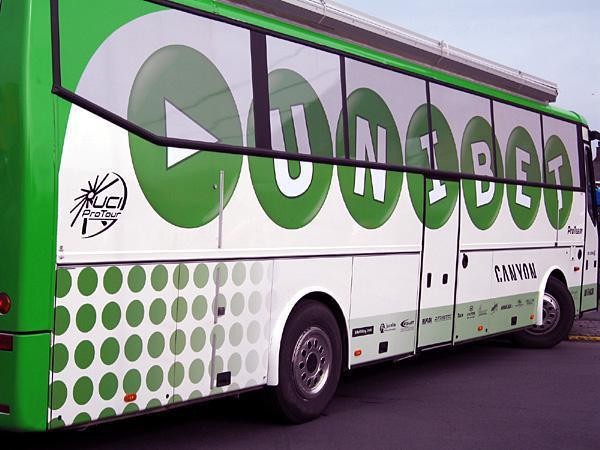
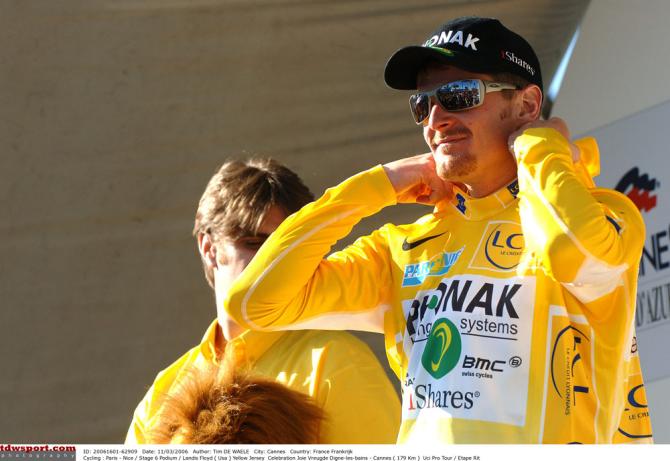
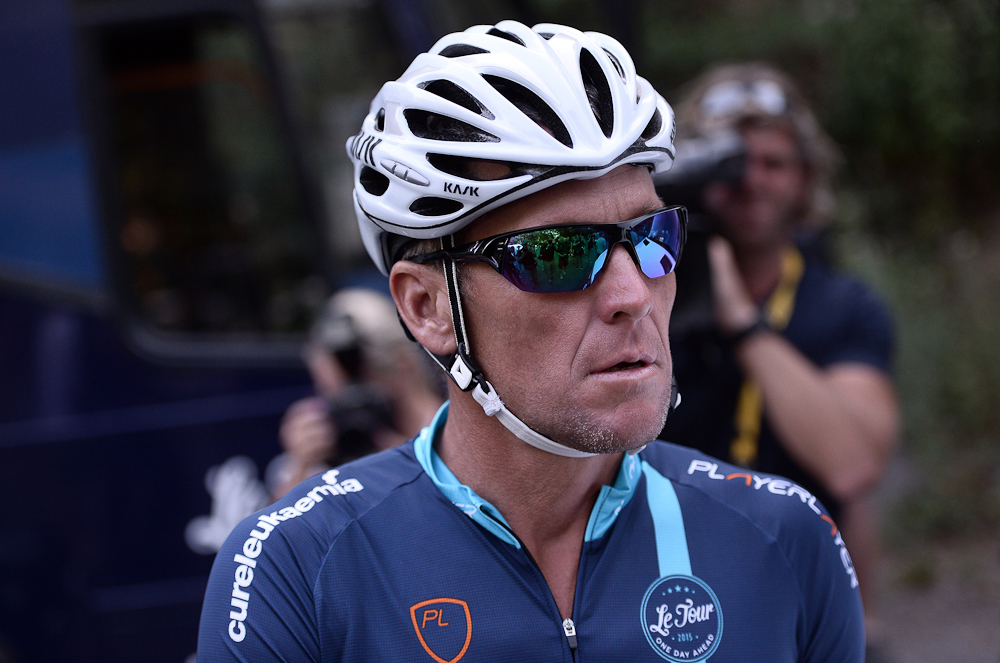
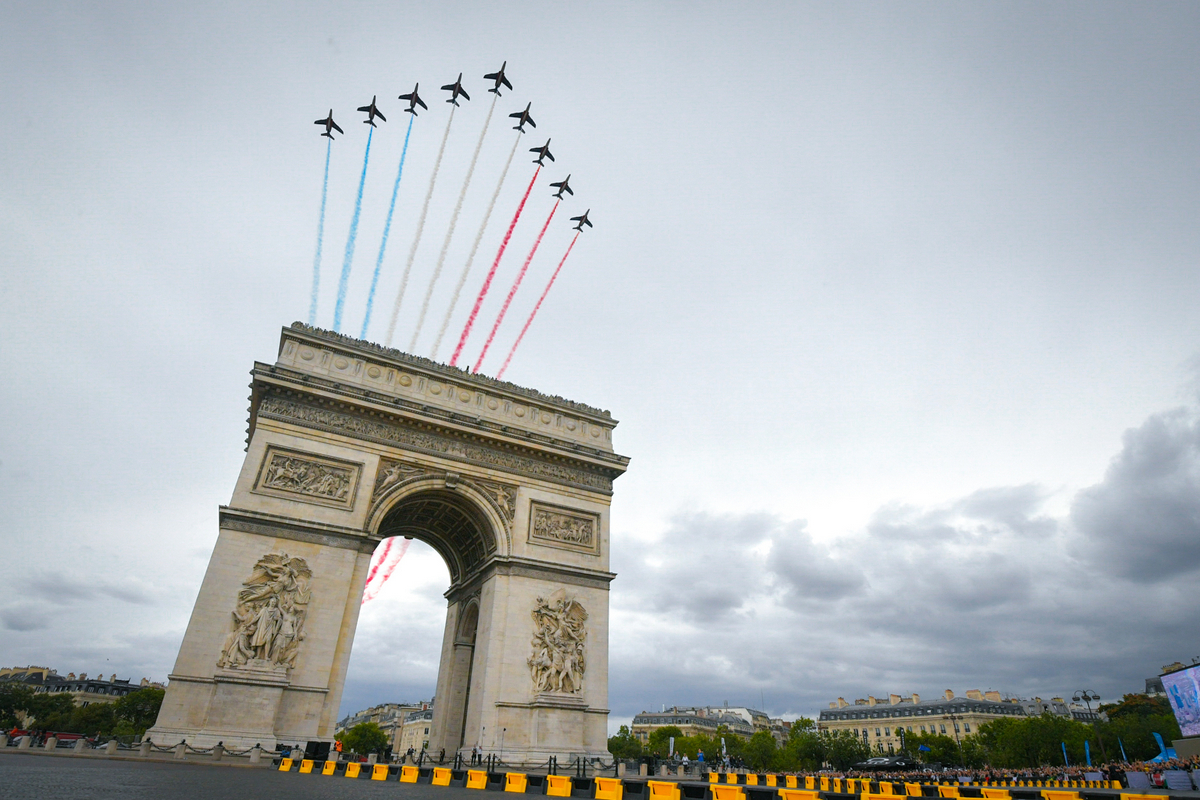
This week, Cyclingnews takes a deep dive into the UCI's WorldTour and the global reforms of professional cycling first introduced in 2005, and the impact it has had on the sport. First, we looked at the history of cycling's other series. Here we recap the formation of the WorldTour and its challenges. Later this week, we will examine the impact the global reforms of the sport have had on teams, races and riders, and the globalisation of the sport of cycling.
UCI promises to push on with WorldTour reforms with or without ASO
Cookson confident of agreement with ASO on WorldTour reforms
UCI management committee to discuss ASO's critical position on WorldTour reforms
AIGCP warn UCI against approving WorldTour reforms
French Pro league to take UCI to court over 2017 WorldTour reforms
18 teams confirmed for 2017 WorldTour as stakeholders reach deal on reforms
Quick-Step Floors confirms younger, 27-rider roster for 2018
In 2003, at the Road World Championships in Hamilton, Ontario, the UCI announced its intent to revolutionise the cycling calendar with the creation of the ProTour – these days it is known as the WorldTour – with a seemingly simple concept: create a calendar of the sport's most prestigious events and a league of cycling's top teams, then ensure that those teams compete in the calendar.
It was intended to create more stability for cycling, but despite numerous attempts to create a meaningful season-long 'narrative,' the UCI is still fighting the same battles it began well over a decade ago.
ASO, the organisers of the Tour de France, have been a consistent thorn in the UCI's side, with ample leverage thanks to the importance of their events to the teams and a lack of a strong riders' union.
It has been a long-running power struggle between the governing body and the Grand Tour organisers, who have railed against the reforms from the outset: they objected to being told which teams they must invite, took issue with the multi-year licences which they insisted had no chance for promotion or demotion of teams based on performance, and they felt that the UCI was trying to act as organiser, owner and judge of professional races.
The ProTour also was met with resistance from team managers who were suddenly faced with the requirement to field teams in three Grand Tours and over 140 days of racing during the season. It meant more riders, more buses, cars, equipment and much bigger budgets would be needed.
But it also meant that teams could sell sponsors on the guarantee that they would compete in the top races on the calendar. For events like the Giro d'Italia or Vuelta a Espana, which were then a shadow of the Tour de France, being assured a quality field was an attractive prospect.
The latest race content, interviews, features, reviews and expert buying guides, direct to your inbox!
Before the 28-race series could even get underway, the ASO and other Grand Tour organisers RCS Sport (Giro d'Italia) and Unipublic (Vuelta a España) banded together and refused to have their races included. Under a looming EPO doping crisis, Tour de France director Christian Prudhomme denounced the lack of ethical guidelines for ProTour teams, but also decried the UCI's imposition of fees on race organisers and long-term contracts to be on the calendar.
"For the organiser, it boils down to being tenant of a race, rather than owner of one," Prudhomme said at the time. "With the ProTour, we will be expropriated. I understand the atypical situation of cycling, with private organisers more important than the federation and trying to defend their companies. But on the other hand, ASO has no intention of managing international cycling affairs either."
The ProTour show goes on
The UCI ProTour launched in 2005, regardless of the fact that the problem with the Grand Tour organisers had not been solved. They continue to object to the system, in particular, the number of ProTour teams licensed. In 2006, the Operacion Puerto doping case blew up, further complicating the conflict as Liberty Seguros folded and was reborn as Astana, setting up an end-of-season licence dust-up.
In July, 2006 Floyd Landis won the Tour de France, but after he was disqualified for doping, his Phonak team disbanded. This reduced the number of potential ProTour teams to 18, but in December, the new Unibet.com team was given their spot. When the UCI decided to award Astana a ProTour licence for 2007, it brought the total to 20 teams – limiting the choices for wild card invitations to just one, as it was not until 2010 that 22 teams would compete in the Tour.
The 2007 season promptly dissolved into all-out war, with the Grand Tour organisers refusing to invite Unibet. The UCI threatened the ASO for violating rules requiring that all ProTour teams be invited, but ASO responded by yanking Paris-Nice from the UCI calendar, threatening to hold it under the auspices of the French Cycling Federation (FFC).
This put the teams in a bind, because their sponsors expected them to be in the Tour de France, but if they followed UCI rules prohibiting them from racing Paris-Nice, they risked being excluded from the Tour. On the eve of the race, a compromise was reached, Unibet was excluded but Paris-Nice, and later the Tour de France, went on under UCI auspices.
At the end of the season, the UCI added Tour Down Under to the calendar, but the Grand Tour organisers again protested the number of licenced teams and pulled all of their races from the calendar, leaving only 16 events in the 2008 ProTour.
2008 began with RCS Sport leaving Astana off the list of invited teams due to its trio of doping cases the previous year, High Road (formerly T-Mobile) missed the cut, too. Once again, Paris-Nice was the stage for a massive conflict as it was sanctioned by the FFC. When the teams went against the UCI and competed in Paris-Nice, the UCI lost a critical battle and the Tour de France that year was also held under the auspices of the FFC.
The WorldTour is born
The UCI responded to the battle with ASO by threatening to expel the French federation from the UCI, a move which could have threatened their Olympic future. The conflict was so public, so ugly and so damaging to the sport – in an Olympic year no less – that the French president Nicolas Sarkozy asked for a resolution to be brokered.
A peace deal was finally hammered out at the end of 2008 when UCI president Pat McQuaid sat down with the owner of the ASO – Marie-Odile Amaury – in a meeting initiated by IOC president Jacques Rogge.
Soon afterwards, ASO president Patrice Clerc stepped down, and the ProTour was later re-branded as the WorldTour – with some tweaks to the rankings – but an intact calendar with all the major races.
It wasn't smooth sailing, however, for Pat McQuaid, as the UCI was soon threatened by plans for a 'breakaway league,' with the Rothschild group's financial backing and Gifted Group leading the charge. The momentum of the movement was slowed by the Lance Armstrong doping scandal, and finally died out when Brian Cookson was elected president in 2013.
It wasn't long before Cookson unveiled his own plans to reform the WorldTour, which was again met with resistance from the Grand Tour organisers, who continued to rail against a lack of promotion/demotion in the system of multi-year licences for teams.
In 2015, the Grand Tour organisers once again threatened to pull their races from the WorldTour. The UCI then agreed to step down the number of teams in the WorldTour. The Grand Tour organisers continue to apply pressure, announcing their intent to reduce the sizes of teams in their races from nine to eight for 2017. They quickly backed down, as the UCI says it is not their purview to decide team sizes.
The 2017 season started with the WorldTour rules being completely revamped, making all of the new WorldTour races optional for teams, but requiring organisers to maintain at least 10 WorldTour teams in their races or risk being removed from the calendar.
Later in the year, the UCI altered its rules to reduce team sizes.
What are we left with?
The current WorldTour rules will no doubt continue to be revised under new UCI president David Lappartient. There are still many questions to be answered – how new WorldTour races can survive when the teams are not required to participate, how reducing team sizes will affect the number of races teams tackled each season, and what will come of the number of teams licenced for the WorldTour each year after 2019, when reductions are due to begin.
Key moments in WorldTour history
2003
- October 11, 2003 - the UCI announces the concept of the ProTour at the Road World Championships in Canada and the addition of five Continental Circuits to be put into place for the 2005 season.
2004
- April 23, 2004 - the UCI approves the ProTour for 2005 with 18 teams for the first year. It includes shifts to the racing calendar to reduce overlap, and is met with immediate resistance from races not included in the series.
- May 20, 2004 - A letter circulates among teams racing the Giro d'Italia protesting the requirement for teams to compete in all races, a move that demands increased team sizes and budgets.
- September 25, 2004 - On the eve of the gala launching the ProTour, the Grand Tour organisers suddenly withdraw from the series. A letter outlines four main reasons, saying the rules have not yet been defined, that it places more importance on financial aspects "to the detriment of sporting considerations", the four-year licences "do not allow for demotions and promotions, and in organising the series "the UCI acts as both parties, that is the organiser and owner, and as the judge".
- October, 2004 - UCI abandons the gala intended to launch the ProTour, instead using it to roll out the new Continental circuits, but vows the ProTour will go on in 2005. UCI names 20 teams to the first ProTour
- December, 2004 - Grand Tour organisers back in ProTour after addition of ethical charter signed by AIGCP (Teams)
2005
- March 6, 2005 - The first ProTour event, Paris-Nice, starts
- September 23, 2005 - Pat McQuaid elected as UCI president
- October 15, 2005 - Danilo Di Luca wins the first ProTour overall
- December, 2005 - Grand Tour organisers announce intent to withdraw from ProTour again
2006
- May, 2006 - Operacion Puerto case blows up
- August 15, 2006 - Phonak team to stop after Floyd Landis doping positive in Tour de France, reducing ProTour to 19
- December, 2006 - Grand Tour organisers threaten to withdraw unless only 18 teams are licensed in 2007, further reduced to 16 in 2008.
2007
- UCI awards ProTour license to Unibet team, filling Phonak's vacant spot, then awards Astana the 20th ProTour licence for the 2007 season, setting off another year of battles with Grand Tour organisers
- January-February, 2007 - ASO excludes Unibet from Paris-Nice. RCS Sport excludes Unibet from Giro d'Italia. ASO says it will run Paris-Nice under French Federation, UCI tells team they are prohibited from competing in a non-UCI sanctioned race
- March, 2007 - UCI puts Paris-Nice back on ProTour calendar, races go on, but Unibet continues to be excluded and tensions simmer
- September, 2007 - Tour Down Under added to ProTour. All ASO, RCS Sport and Unipublic races off ProTour calendar
2008
- January, 2008 - UCI threatens European federations with excluding any country that sanctions an ASO, RCS Sport or Unipublic event from the World Championships
- February, 2008 - Astana, High Road not invited to Giro d'Italia
- March, 2008 - Teams pressure UCI to reach an agreement with ASO as Paris-Nice approaches, but talks fail, UCI threatens teams with sanctions if they compete. Teams vote to race anyway. Paris-Nice runs under FFC.
- June, 2008 - ASO confirms Tour de France to run under FFC, buys 49 per cent stake in Unipublic. UCI suspends FFC, removes consideration of bids of France to host various world championships.
- August, 2008 - IOC president Jacques Rogge calls a meeting with UCI president, ASO owners (Editions Philippe Amaury) mediated by Jean-Claude Killy. UCI then announces new "World Calendar".
- September, 2008 - UCI declares peace, Patrice Clerc removed as president of ASO
20011 - 2013
- "Breakaway league" plans form as competition to WorldTour, with Rothschild, Gifted Group lending weight
- September, 2013 - Brian Cookson elected UCI president, Breakaway league plans die off
- October, 2013 - Cookson's plans for reformed WorldTour announced.
2014 - 2017
- Details of WorldTour reforms hashed out in multiple talks
- June, 2015 - ASO threatens to pull its races over reforms, resulting in a power struggle where UCI management committee member David Lappartient joins with Prudhomme in voting against the reforms, which move forward anyhow. The ASO announces it will now withdraw its races from the 2017 calendar.
- June, 2016 - UCI reduces the number of WorldTour teams, expands calendar
- October 12, 2016 - Teams warn UCI over WorldTour reforms
- November, 2016 - Grand Tour organisers announce intent to reduce team sizes, UCI says they cannot. Organisers then promise to keep team sizes the same for 2017.
- January 12, 2017 - UCI revamps WorldTour rules, making new races optional
- September, 2017 - UCI approves reduced team sizes
- September, 2017 - David Lappartient elected as UCI president

Laura Weislo has been with Cyclingnews since 2006 after making a switch from a career in science. As Managing Editor, she coordinates coverage for North American events and global news. As former elite-level road racer who dabbled in cyclo-cross and track, Laura has a passion for all three disciplines. When not working she likes to go camping and explore lesser traveled roads, paths and gravel tracks. Laura specialises in covering doping, anti-doping, UCI governance and performing data analysis.